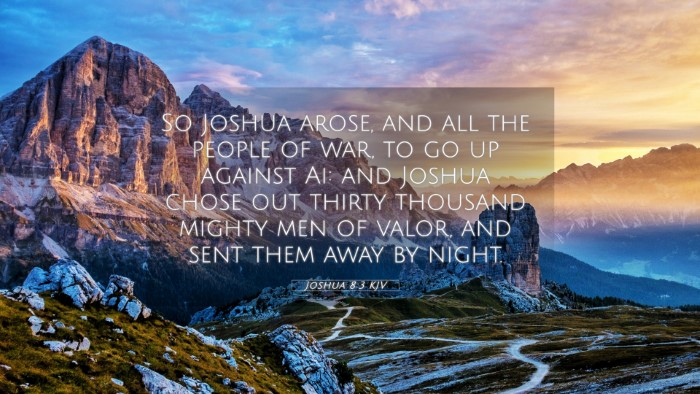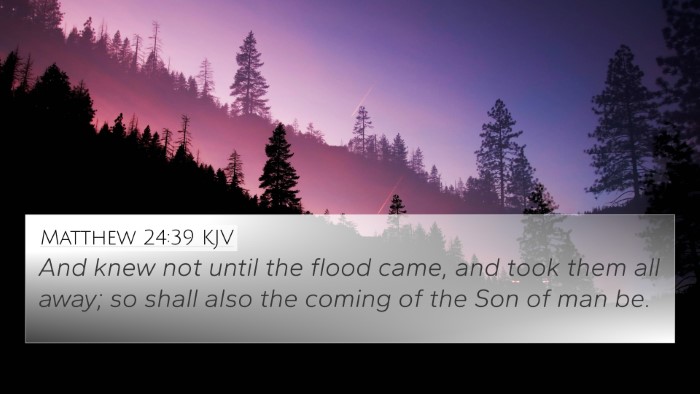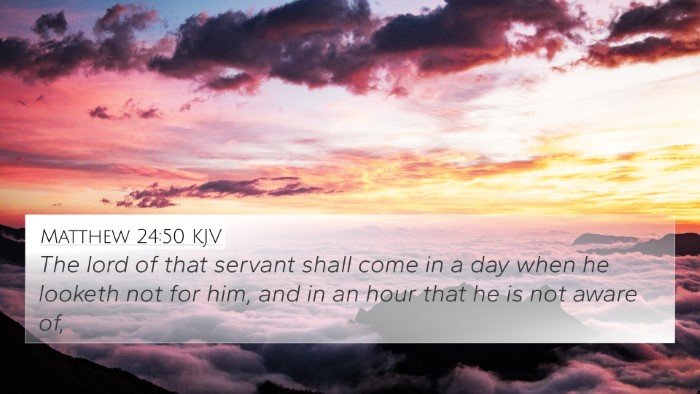Understanding Joshua 8:3
Joshua 8:3 reads, "So Joshua arose, and all the people of war, to go up against Ai: and Joshua chose out thirty thousand mighty men of valour, and sent them away by night."
This verse marks a significant moment in the conquest of Canaan as Joshua prepares for a strategic attack on the city of Ai following Israel's earlier defeat. Here, we delve into the meaning and implications of this verse by examining insights from well-known public domain commentaries.
Commentary Insights
-
Matthew Henry's Commentary:
Henry emphasizes the importance of preparation and strategy in warfare, highlighting that Joshua's choice of "thirty thousand mighty men of valour" reflects a disciplined and meticulously planned attack. The use of night for deployment suggests the element of surprise and a tactical advantage over the enemy. This action aligns with wilderness teachings where reliance on God's guidance is paramount in all endeavors.
-
Albert Barnes' Commentary:
Barnes points out that Joshua's assembly of a significant fighting force demonstrates both faith and the need for manpower in overcoming strongholds. The emphasis on "mighty men of valour" underlines the qualities of courage and bravery essential for overcoming obstacles. The choice to send them "by night" not only incorporates strategy but also a sense of urgency in reclaiming the city for Israel.
-
Adam Clarke's Commentary:
Clarke notes that Joshua's actions reflect his leadership and divine direction obtained through prayer and consultation with God. He interprets the phrase "sent them away by night" as symbolizing the covert nature of the mission and the importance of divine timing in executing God's orders. This subtext reveals the need for vigilance and preparedness in the face of challenges.
Thematic Connections
Joshua 8:3 can be understood within various thematically linked cross-references, enhancing our understanding of biblical narratives regarding warfare, divine instruction, and leadership. Below are several notable connections:
-
Deuteronomy 20:1-4:
Here, God prepares Israel for battle by instructing them not to fear their enemies, paralleling Joshua's reliance on divine support in his planning against Ai.
-
Judges 7:20-22:
The strategy of ambush involving night operations is also reflected in Gideon’s attack on Midian where confusion is utilized as a tactic.
-
1 Samuel 15:1-3:
Saul's mission to destroy the Amalekites demonstrates a similar divine directive that Joshua adheres to, emphasizing obedience as a key theme in conquest.
-
2 Samuel 5:23-24:
David's inquiry with God before battles draws a parallel to Joshua's approach, underscoring the importance of guidance in leadership.
-
Psalm 144:1:
This psalm expresses praise for God who prepares one for war, signifying the spiritual aspect of facing adversities as aligned with Joshua's military preparation.
-
Micah 4:10:
This reference speaks to the themes of deliverance through struggle, akin to the implications of victory after strategic warfare.
-
Hebrews 11:30:
The faith demonstrated by Israel during the conquest is remembered, linking to Joshua's reliance on God’s promises as they face Ai.
Cross-Referencing and Comparative Study
To better understand Joshua 8:3, one can utilize tools for Bible cross-referencing which illuminate the narrative flow and thematic connections within Scripture. By engaging in cross-reference Bible study, readers can deepen their comprehension of how different scriptures interact with and affirm each other.
By examining connections made through Bible concordance and cross-reference guides, one can find a wealth of information on related themes, including:
- Strategic warfare in biblical history
- The nature of divine assistance in battles
- The leadership qualities essential in confronting challenges
- The use of night as a setting for significant scriptural events
Conclusion
Joshua 8:3 serves as a powerful reminder of the intersection between faith, strategy, and divine guidance in overcoming obstacles. By exploring connections between Bible verses through comparative analysis, we can glean deeper insights into how biblical themes of leadership, warfare, and reliance on God manifest throughout the text. This systematic approach to cross-referencing enhances our understanding of the scriptures and fosters a richer dialogue within the biblical narrative.







